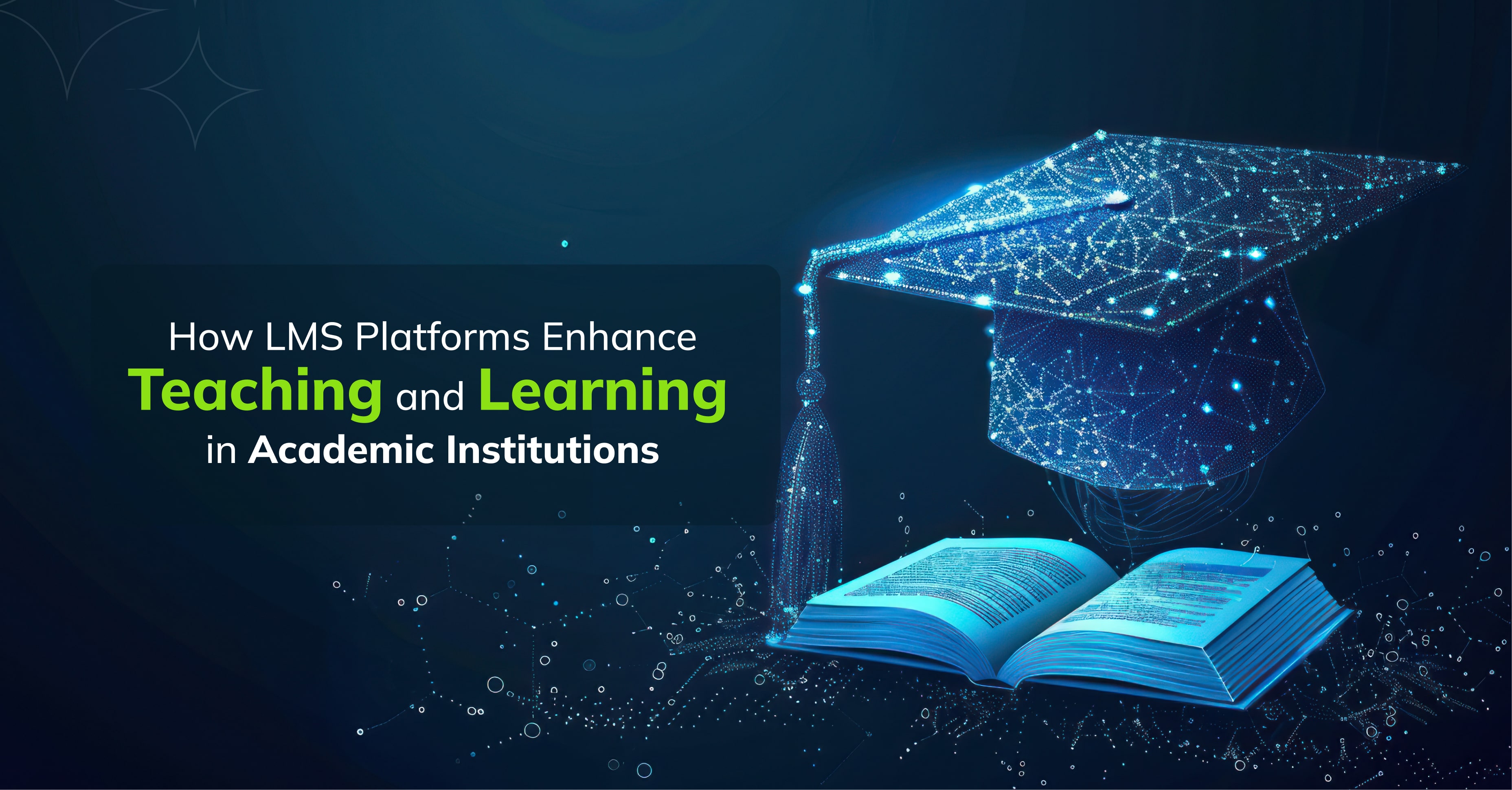How LMS Platforms Enhance Teaching and Learning in Academic Institutions
Learning management systems (LMS) have become non-negotiable for institutions striving to deliver effective, scalable, and personalised education. These platforms bridge the gap between traditional classroom instruction and modern digital learning by offering a structured yet flexible environment for both educators and learners.
Centralised Learning Environment
The main advantage of an LMS is its ability to centralise all learning resources and activities. Academic institutions can host course materials, assessments, announcements, and communication tools in one unified platform. This eliminates the fragmentation often seen in traditional learning setups and ensures that students and faculty have consistent access to the resources they need, anytime and from anywhere.
Streamlined Course Management
For educators, LMS platforms simplify the process of course creation and management. Faculty members can upload lecture notes, videos, and reading materials, organise them into modules, and schedule them for release based on the academic calendar. This structured delivery helps maintain consistency across different batches and departments, ensuring that all students receive the same quality of instruction.
Assessment and Evaluation Tools
An LMS also enhances the assessment process. Instructors can create quizzes, assignments, and exams directly within the platform, complete with automated grading for objective-type questions. This not only saves time but also provides immediate feedback to students, helping them identify areas for improvement. For subjective assessments, faculty can review submissions, provide comments, and assign grades, all within the same interface.
Real-time Progress Tracking
Learning management systems have an ability to track student progress in real time. Educators can monitor attendance, assignment submissions, quiz scores, and overall engagement. This data-driven approach allows for early identification of students who may be struggling, enabling timely intervention and support. For students, having access to their own performance dashboards promotes self-awareness and accountability.
Increased Communication and Collaboration
LMS platforms offer built-in messaging systems, discussion forums, and announcement boards that keep students and faculty connected. These tools encourage collaboration, peer-to-peer learning, and prompt resolution of doubts by replicating the interactive nature of a physical classroom in a digital space.
Personalised Learning Paths
Every student learns differently. LMS platforms support differentiated instruction by allowing educators to tailor content delivery based on individual learning needs. Whether it is through varied assessment formats, flexible deadlines, or supplementary resources, students can engage with the material at their own pace and style, which makes learning more inclusive and effective.
Secure and Scalable Infrastructure
Academic institutions require platforms that are not only functional but also secure and scalable. A robust LMS ensures data privacy, role-based access control, and reliable uptime, even during peak usage periods like exams or admissions. This reliability builds trust among users and supports the institution’s long-term digital strategy.
As education continues to evolve, learning management systems are playing a key role in shaping the future of academic delivery. By streamlining course delivery, enhancing communication, and enabling data-driven instruction, LMS platforms like HireMee’s are transforming how education is delivered and experienced.
Head over to our website to learn more - https://hiremee.co.in/learning-management-system






